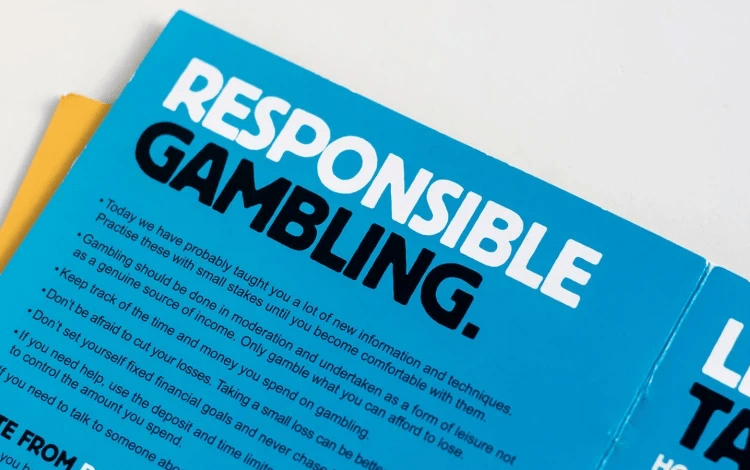
Respnsible gambling
Those who gamble should follow a set of guidelines known as "responsible gambling" to keep themselves and others protected. Responsible gambling seeks to mitigate gambling's deleterious effects on individuals and society at large, including dependency, financial strain, and psychological distress. It encourages a well-rounded view of gambling that takes into account the individual's capacity for reflection, self-control, and rational decision-making.
Some of the most important aspects of responsible gambling are:
An individual's capacity for self-awareness is foundational to the practise of responsible gambling. Knowing the warning signals of compulsive gambling and the dangers it poses is essential.
Before beginning to gamble, players should establish a budget and time restriction for themselves. This may reduce the likelihood of spending too much time or money gaming.
Gamblers should practise responsible bankroll management by not risking more than they can afford to lose. You should not gamble with money that you need to pay bills or buy food.
Responsible gambling includes knowing the odds and playing by the rules of the games being played. Understanding the advantages and disadvantages is essential for making wise choices.
Self-Exclusion Programmes are provided by a wide variety of gaming establishments. These allow people to intentionally abstain from gambling for a predetermined time frame. Those dealing with gambling addiction may find this resource useful.
Seeking Assistance Those who suspect they have a gambling issue are encouraged to do so under the principles of responsible gaming. Counselling, psychotherapy, or participation in a support group like Gamblers Anonymous may be helpful.
The prevention of underage gambling is an important feature of responsible gambling since it ensures that no one under the age of legal gambling is able to engage in such activities.
Many online and land-based casinos now provide resources to assist their customers wager safely. Limiting how much may be deposited, reality checks (reminding them how long they have been playing), and time-out/self-exclusion choices are all good examples.
The government, non-profits, and the gambling industry all run awareness and education programmes to help people make informed decisions about their gaming habits and identify potential problems and available resources.
Responsible gaming is a shared responsibility by gamblers, operators, and governments. They might mandate that businesses support anti-gambling initiatives and abide by specific requirements.
Access to Treatment and Support Services for Problem Gamblers is an important part of encouraging responsible gaming. Counselling, psychotherapy, and peer support groups are common components of these programmes.
In conclusion, "responsible gambling" refers to the practise of taking part in gambling while maintaining sufficient self-control to avoid negative consequences. It is a collaborative effort that depends on people being aware and making well-informed decisions, as well as on standard business practises and government laws. The goal is to help those who need it most, protect those who are especially vulnerable, and encourage responsible gaming.
Related Tips
Recommended Casino
Lyra Casino
- Access to notable software vendors
- Mobile friendly games
Welcome Bonus
200% up to €500 + 10% Cashback everyday
New players only. Play Safe!
SpinPug Casino
- Mobile casino application for Android
- Extensive collection of live dealer games
Welcome Bonus
50 Free Spins
New players only. Play Safe!
Kwiff Casino
- Live chat option
- Holds a UKGC Licence
Welcome Bonus
Bet €10 Get a €30 Surprise Bet
New players only. Play Safe!







